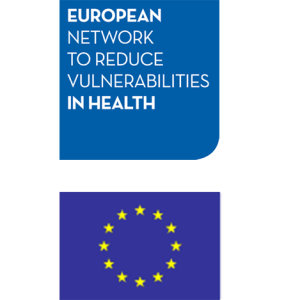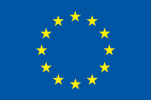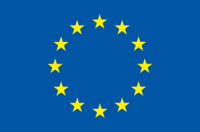In the 19 countries covered by our network today, we find significant gaps in access to preventive and curative healthcare, as documented through the data we systematically collect on the social determinants of health and the patients’ state of health. Such data should be robust and comparable across countries. This is why MdM has invested a lot of effort over the last 10 years in improving the quality of its routine quantitative data collection, in which an increasing number of freely accessible first line socio-medical clinics participate. We try to obtain that for every patient consultation by a health professional and support worker, at least one of three standardized, multilingual, common questionnaires is used.
SOCIAL and MEDICAL QUESTIONNAIRES
The social and medical questionnaires are the base for data collection for the International Observatory and they are a tool to harmonise practices.
For example: different doctors may prioritize different aspects of a medical consultation and thus they may each emphasize different questions – using the medical questionnaire as a written framework results in a ‘good practice’ consultation that covers all important aspects including childrens’ vaccinations, pregnant women’s specific health needs, experiences of violence, and infectious disease testing.
Data collection is not only valuable to make invisible vulnerabilities more visible, it also provides a tool to monitor our own actions.
![]()
2017 MEDICAL RECONSULTATION QUESTIONNAIRE
2016 MEDICAL RECONSULTATION QUESTIONNAIRE
MEDICAL QUESTIONNAIRE
The medical questionnaire is adapted to medical consultations.Its primary aim is to improve patient care and consultation quality. The medical questionnaire offers an easy to follow order for the consultation. It can be used as a checklist to avoid forgetting important information or procedures during the consultation. It is also a data collection tool that is very important for advocacy projects.
The medical questionnaire :
- increases knowledge on the people coming to our free clinics
- serves as a strong basis for our advocacy actions on local, national, European & International levels in order to obtain positive changes in laws & practices for a better access of all persons to prevention and healthcare
- monitors each clinic activity
The medical questionnaire covers 5 main areas:
- Patient identification
- Vulnerabilities in health
- Medical history and status
- Clinical examination and diagnoses
- Referrals and complementary tests
SOCIAL QUESTIONNAIRE
The social questionnaire is a reception and interview guide to determine the situation of patients on the first day they come to our clinics. It facilitates their orientation towards access to rights and health care in the mainstream system.
The social form should be administered 1 time every 2 years and collects information on patients’ social determinants of health in order to:
- determine their situation in relation to access to healthcare and provide the relevant info to help them obtain medical attention – its primary aim is to serve thye patient and improve their care;
- describe precisely the populations received at the medical and SOCIAL consultations as well as their needs and the barriers met;
- support advocacy actions at local, national and European levels, on the basis of which legal and practice changes will be proposed towards better access to health care.
| Many factors affect the health of individuals and communities, especially the social determinants of health (apart from genetic). The determinants of health include: the social, economic environment; the physical environment; the person’s individual characteristics and psychosocial environment and behaviours. Living conditions of people determine their health, and so blaming individuals for having poor health or crediting them for good health is inappropriate. Individuals are unlikely to be able to directly control many of the determinants of health.
~ the World Health Organization |
NOTICES: HELP FILLING OUT QUESTIONNAIRES
![]()
2016 MEDICAL NOTICE IN ENGLISH
2016 SOCIAL NOTICE IN ENGLISH
2016 MEDICAL NOTICE IN FRENCH
2016 SOCIAL NOTICE IN FRENCH
2016 MEDICAL NOTICE IN SPANISH
2016 SOCIAL NOTICE IN SPANISH
Please ensure all data collection teams have read the appropriate notice and are able to consult it as necessary. A copy should be available in each consultation room.
The notices are intended to help filling out the medical and social questionnaires.
The aim of the notices is to help obtain an analysis of demographics and countries of origin, legal status, reasons for migration, living conditions, social isolation, work and income, violence, coverage of healthcare costs, barriers to accessing healthcare, giving up seeking healthcare, perceived health status (physical and psychological), health conditions, acute and chronic disease and necessary treatment.
GUIDELINES: TESTIMONIES + PHOTOGRAPHS
Real life examples help effectively communicate the reality of our patients. Testimonies provide a context that helps readers better understand statistics and form a deeper understanding of the situation.
For example, the people we address – policy makers, administrative and health professionals – might not know what it means e.g. to live with 500 Euro / month – so it may be helpful for them to read testimonies illustrating the reality of service users.
Testimonies may be from the persective of service users and our team members, especially health professionals.
In order to collect better testimonies + photographs, please review the following 3 documents.
![]() 2015 GUIDELINES for TESTIMONIES
2015 GUIDELINES for TESTIMONIES



Leave a comment